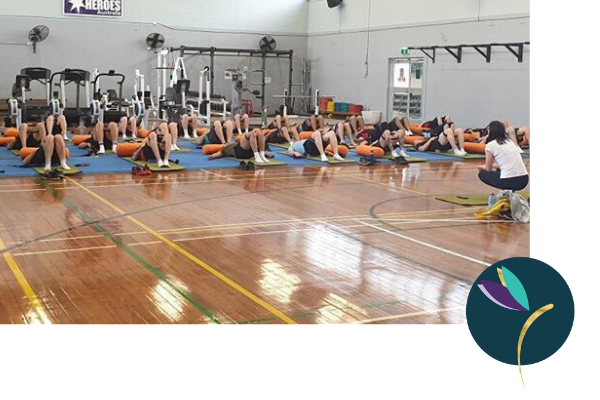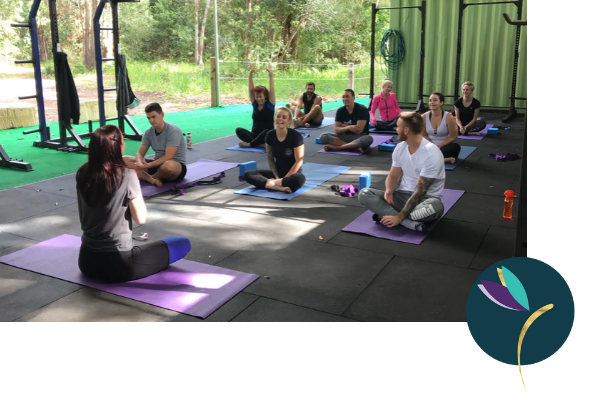Why is yoga important for Military personnel and Emergency Service workers?
Trauma is not the story of something awful that happened in the past but the residue of imprints left behind in people’s sensory and hormonal systems – Bessel van der Kolk, The Trauma Center

It’s no secret those who work in Defence and in Emergency Services – Police, Ambulance, and Fire & Rescue – are witness to many situations that are hard to comprehend from the outside. Even in the instances where trauma and PTSD (Post-Traumatic Stress Disorder) aren’t factors, these are high-stress, highly-charged occupations that play havoc on the function on the nervous system.
Our approach in teaching classes, workshops and facilitating sessions for Defence Force personnel and Emergency Service workers is trauma-informed and invitational, providing a safe space to allow participants to experience their own body. This involves moving to release aches and pain for more physical comfort, to build strength for better joint support, and mitigate the risk of injury – or to help quicken the recovery period in the event of injury. The breath work in yoga contributes to the improvement of the nervous system’s response to stress, particularly so when it’s practiced regularly, giving the body tools to use more easily and automatically when stressful situations or events do occur.
The endocrine system is responsible for the hormonal balance in the body, and when the body is under constant stress, as often are those in these occupations, the endocrine system experiences an imbalance. The regular practice of yoga is quickly becoming an accepted non-pharmacological endocrine therapy along with diet and exercise. While this example relates to diabetes specifically (another endocrine-related condition), it speaks to the potential effectiveness yoga can have for certain people to help support the regulation of these body functions.
There is evidence of longer-term improvements to PTSD symptoms with the use of yoga. Yoga is not to be used as a standalone treatment for PTSD or trauma-related conditions. However, it can be an effective supportive factor in assisting the individual to feel empowered, and empower themselves, in their own body. When PTSD can commonly result in a feeling of helplessness, dissociation, or lack of control experienced with the body, yoga and particular breathing might be beneficial for some individuals or groups to reconnect with themselves.
In our work with Military and Emergency Workers, we’ve experienced that one of the key values these groups hold to high esteem is the importance of community and mateship. Bringing yoga in as a regular practice in sessions, whether as classes or workshop sessions, can help to foster a sense of community and togetherness – which is so important for us human beings.

